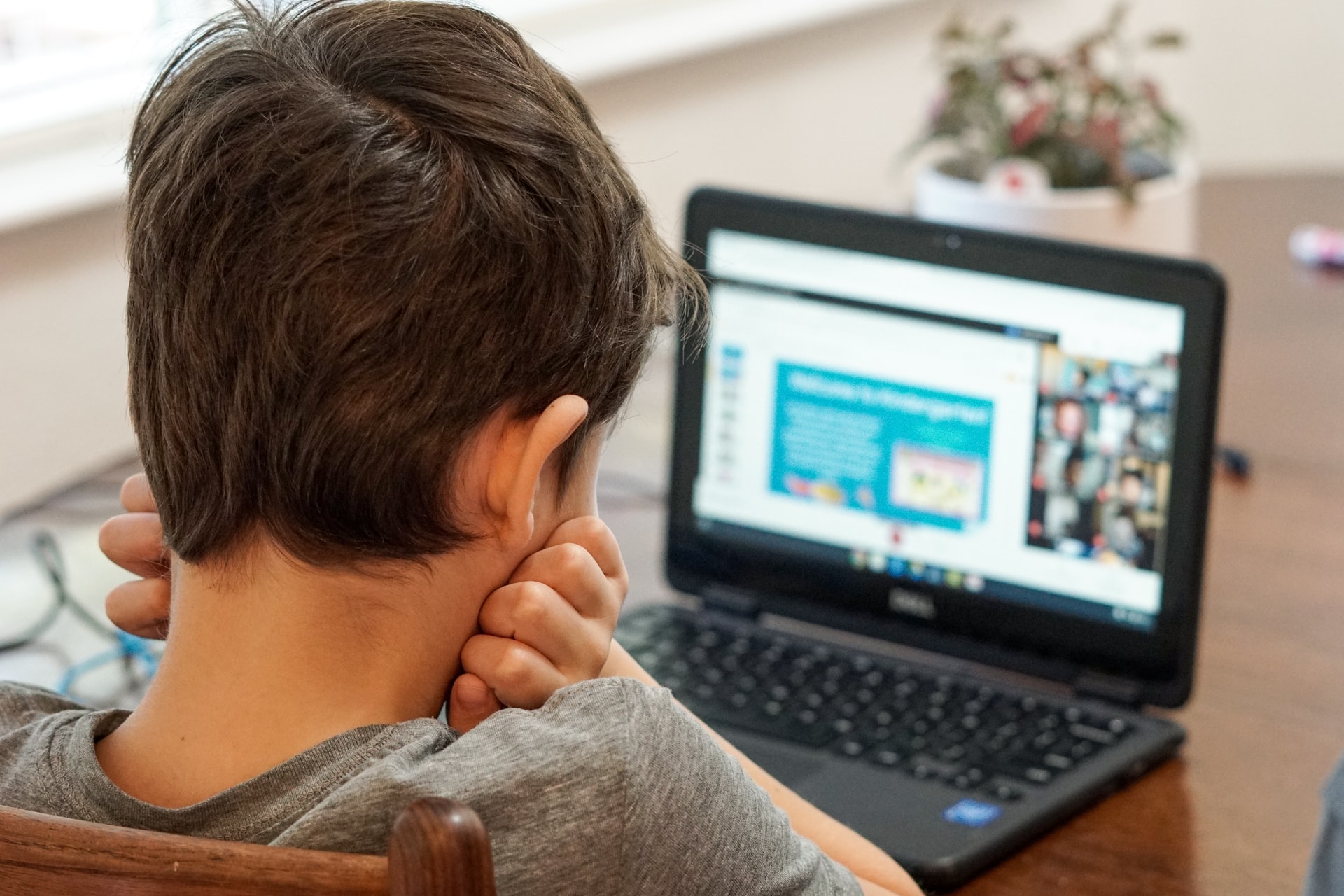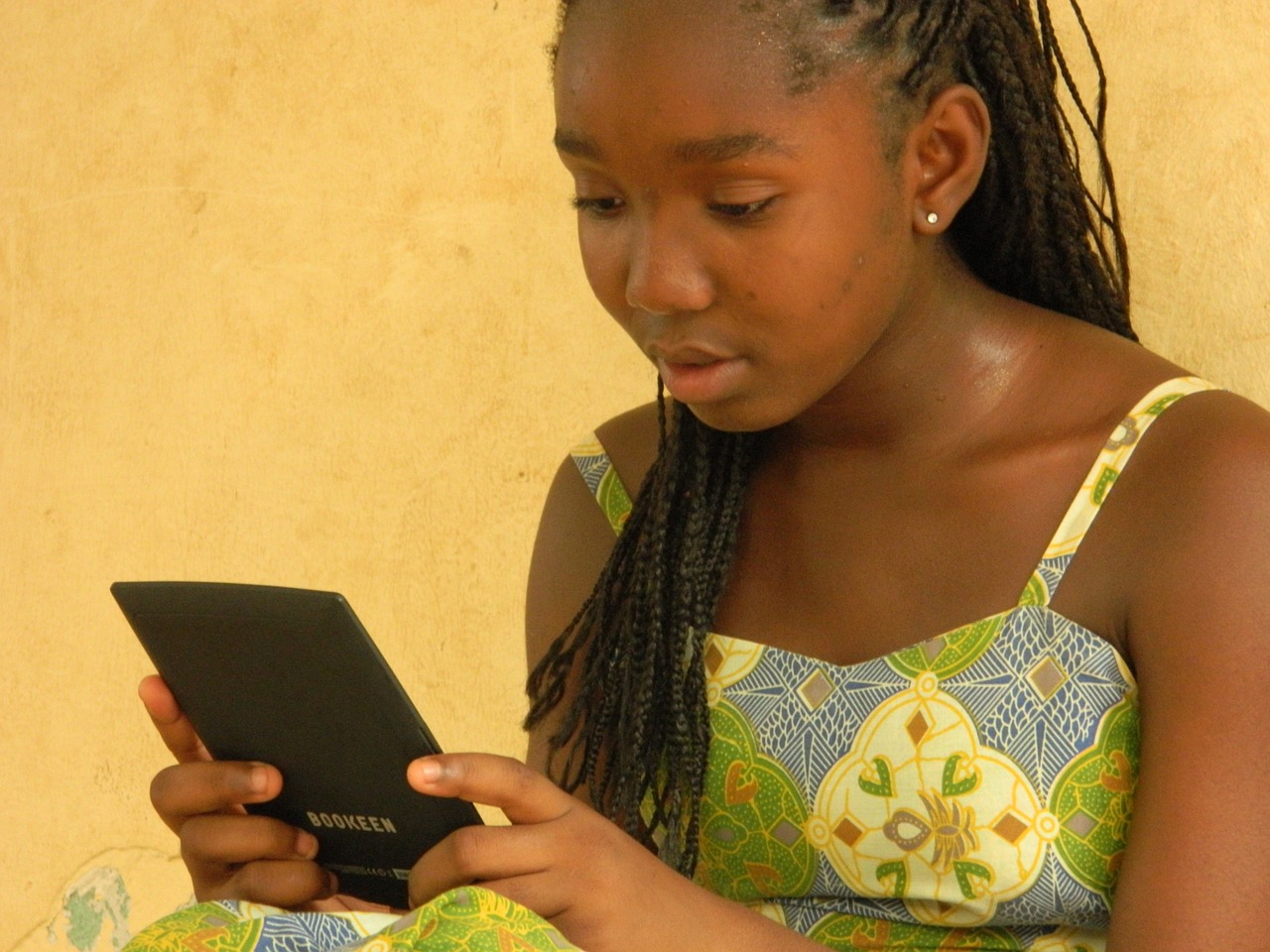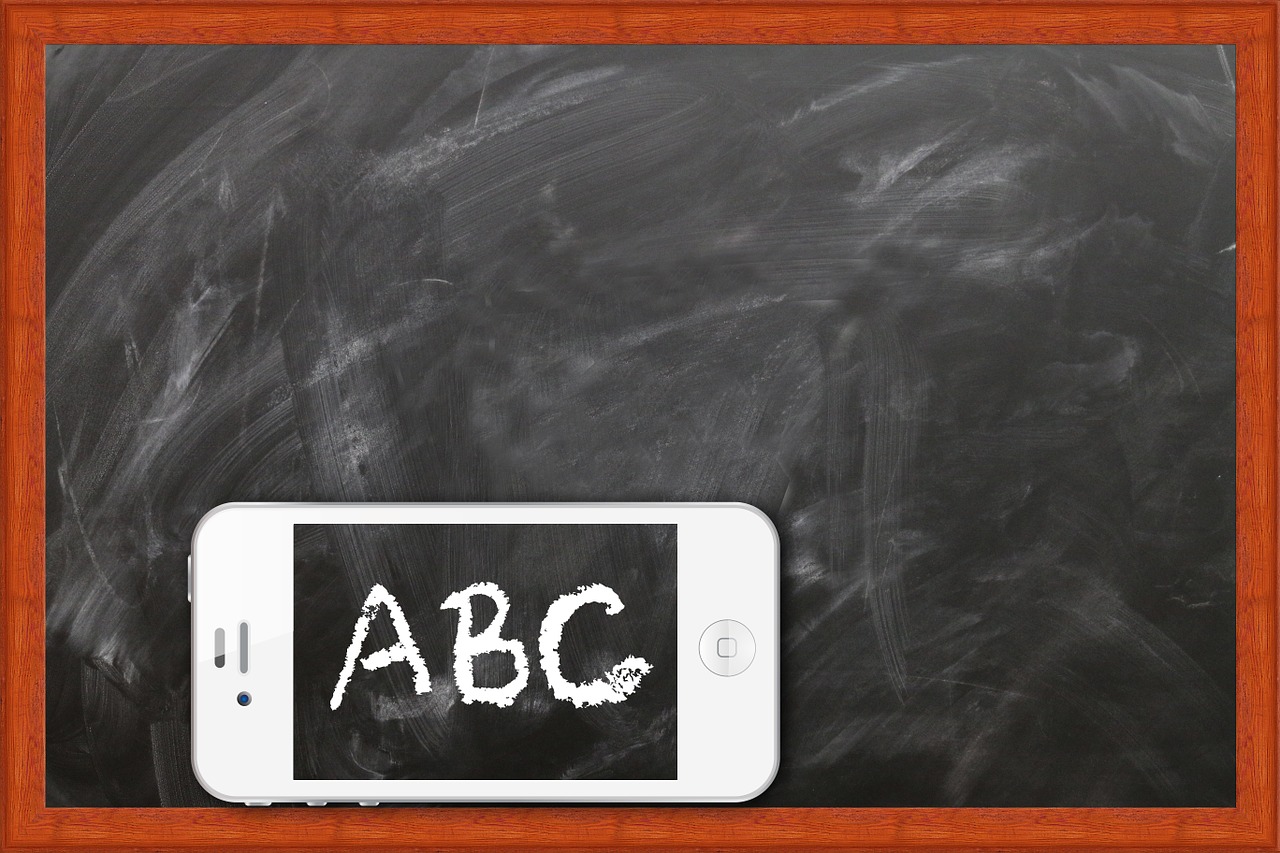Signs That Your Child Has Reading Difficulties

Children’s primary interaction in their early years is with their parents. Unsurprisingly, they have the greatest influence on children’s growth. They are also the first to recognize if their children are developing slowly.
Continue reading to learn how parents have effectively identified reading issues in their children at an early age. You’ll also learn how to tell whether your child has a reading problem and what to do if he or she does.
Examples of When Parents Discovered Their Children Were Having Reading Difficulties:
- A parent discovers that their youngster is having problems memorizing letters and symbols. Despite the parent’s complete attention, the child was unable to learn letters and symbols. The parent understood that her child’s inability to retain such things, despite frequent education, was problematic.
- Another parent remembered their three-year-old child not speaking at the same level as her peers. This was an early warning sign, and it was correct because the child did subsequently struggle with reading.
- A mother recalls her preschool son’s disdain of nursery songs. Despite hearing the rhyme numerous times, her kid failed to fill in the rhyme’s final phrase, which she would leave blank. He simply didn’t seem to notice the pattern of similar-sounding phrases that are typical of rhyming.
Methods for Determining If Your Child Has Reading Difficulties
If your child has begun school and you are concerned that he or she is struggling with reading. Here are some ways to confirm your suspicions:
- Your youngster is guessing the sounds of the alphabet rather than remembering them. This is troubling because first-graders normally have a firm grasp on phonics by this point and have a strong memory for letter pronunciation.
- Your youngster is unable to read aloud books appropriate for their age group.
- If your child skips words in a sentence and does not pause to correct themselves, this is considered a warning.
- Several times mispronounced the same word.
- Your youngster may have difficulty rhyming or recognizing words that begin with the same sound.
What Comes Next?
Do not be alarmed if you discover that your child has reading challenges. A calm and composed response will be more beneficial to the child. Recognize that reading challenges in children are not as uncommon as you may believe. Be thankful that you recognized your child’s difficulties as quickly as you did.
The sooner you recognize these indicators, the sooner you can find a solution to help your child. To get your child interested in reading, give them extra time to read together and ask them to choose the book themselves.
Final Thoughts
A parent is usually the first to notice if their child is having difficulties with physical, emotional, or cognitive development. Similarly, if your child is having difficulty reading, you might be the first to recognize it and assist them in overcoming it.






